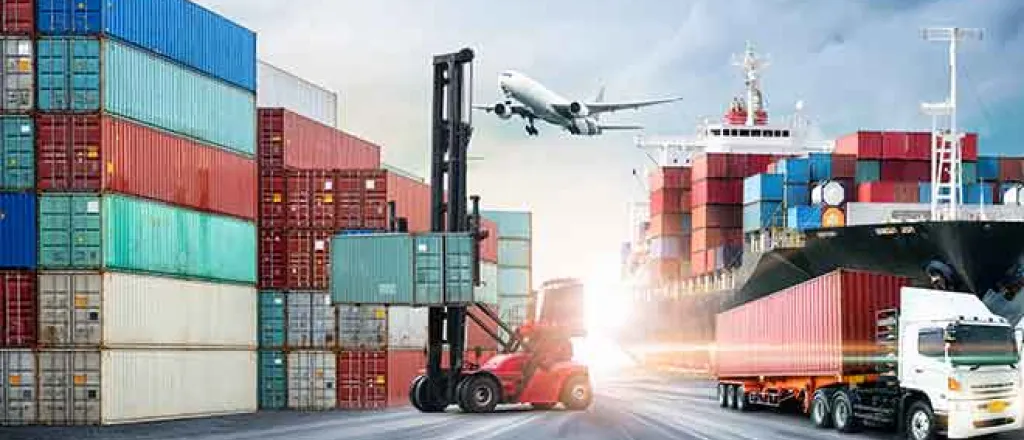
Trump’s China crackdown may end tax loophole for retailers like Shein, Temu
President Donald Trump over the weekend laid down a controversial, across-the-board tariff against China. One aspect of Trump’s ongoing crackdown on trade with China may have bipartisan support: eliminating the de minimis exemption.
Major Chinese companies shipping to the U.S. must pay customs duties and taxes. However, if the shipment is valued at less than $800, they avoid those fees. Through a loophole called the de minimis exemption, they can avoid the taxes and scrutiny of larger shipments.
A Chinese companies like online retailer Temu and Singapore-based Shein, which ship directly to consumers, strategically limit shipments to below the threshold of $800 to avoid paying taxes to the U.S.
When applying this strategy across the companies’ billions of dollars of business across the U.S., the avoided taxes add up.

© iStock - CarlosAndreSantos
There are ongoing questions about these Chinese companies’ business practices, including whether they are using slave labor and the exemption to avoid U.S. regulations.
During the Biden administration, that same loophole drew bipartisan criticism. Now, Trump’s executive orders have explicitly stated that its new tariffs apply even to de minimis packages.
The U.S. Select Committee on the Chinese Communist Party during the last Congress addressed some of these issues in a report. That bipartisan report from June 2023 said Chinese companies are taking advantage of American tax law.
"These results are shocking: Temu is doing next to nothing to keep its supply chains free from slave labor,” Mike Gallagher, a former Wisconsin lawmaker who formerly chaired the committee, said in the announcement of the report’s release. “At the same time, Temu and Shein are building empires around the de minimis loophole in our import rules – dodging import taxes and evading scrutiny on the millions of goods they sell to Americans.
“We need to take a hard look at this loophole that is being abused to tilt the playing field against American companies,” he added.
The report goes on to say that Temu and Shein alone make up about 30 percent of all packages using the de minimis exemption.
“Both Temu and Shein rely heavily on the de minimis exception to ship packages directly to U.S. consumers, allowing them to provide less robust data to CBP, avoid import duties, and minimize the likelihood that the packages will be screened for UFLPA compliance,” the report said.
Hundreds of millions of packages each year use this exemption, according to the report, which also raised national security concerns.
From the report:
The overwhelming volume of small packages and lack of actionable data limit CBP’s ability to identify and interdict high-risk shipments that may contain narcotics, merchandise that poses a risk to public safety, counterfeits, or other contraband. For instance, ninety percent of all counterfeit goods were seized by CBP in the de minimis environment. In FY 2022, CBP cleared over 685 million de minimis shipments with insufficient data to properly determine risk. While CBP receives some advance electronic data for Section 321 shipments from carriers, according to the Commercial Customs Operations Advisory Committee, “the transmitted data often does not adequately identify the entity causing the shipment to cross the border, the final recipient, or the contents of the package.”
For these reasons, the de minimis provision is foundational to Shein and Temu’s business models and relevant to the Select Committee’s analysis of each company’s UFLPA compliance regime. The fact that the vast majority of products shipped from both Shein and Temu to American consumers fall under the de minimis exception means that these companies avoid customs duties – making each product cheaper – and are less likely to face the same level of customs scrutiny that other retailers might face on a formal entry.
An antitrust advocate has been calling for the end to the loophole
“Chinese retailers appear to be avoiding tariffs by pricing individual units at absurdly low prices. Don’t get me wrong – low prices are the aim of a healthy, competitive market," Robert H. Bork Jr., president of the Antitrust Education Project said in September 2024. "But these prices are not the result of economic competition. They are the result of intentional economic warfare. As a result, they are exploiting our economy and effectively doing it tariff-free."

















